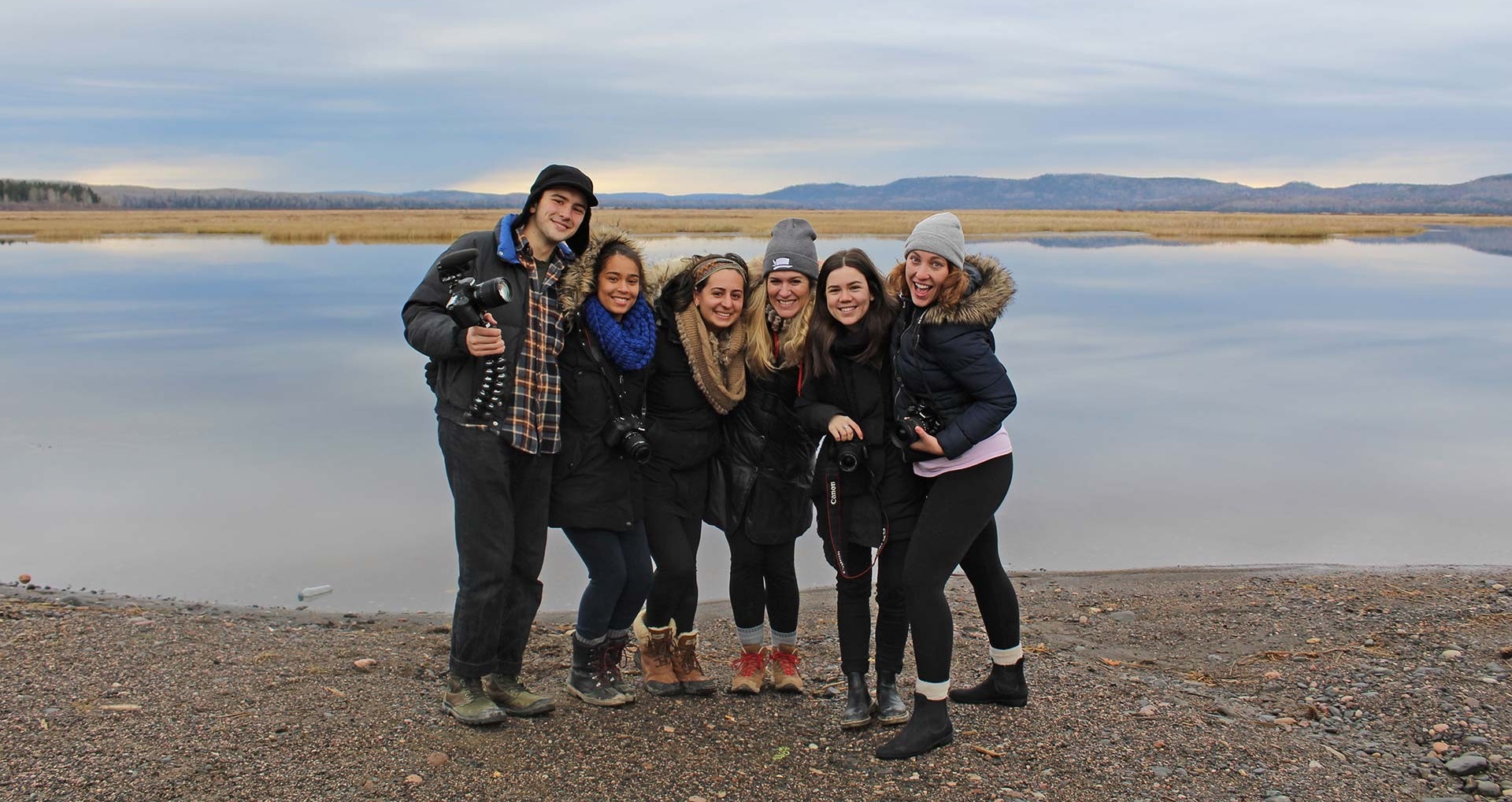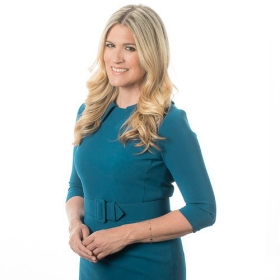How did you get into journalism?
AS: “At the end of my undergraduate studies at the University of Toronto, I became a member of U of T professor John Kirton’s G7 research group. I attended two G7 summits and provided analysis for a CNN crew. Soon after, I started interning for CNN’s Sunday public affairs program, Late Edition with Wolf Blitzer, in Washington, D.C.
I knew I wanted to be a reporter in Africa, but I didn’t have enough experience or money to get there. I emailed all the main news outlets on the continent, letting them know I was interested in working for them. The Reuters bureau chief in Nairobi was the only one who responded, offering me work.”
How did you know you wanted to be in broadcast rather than print journalism?
AS: “I remember sitting in Nairobi, overwhelmed by all the boxes of tapes from a reporting trip to Burkina Faso. I spent 16 hours a day transcribing the clips and visuals. All of a sudden, it was like the pictures, sounds and interview clips started to form a story in my head. I realized, that was how I understood storytelling.”
Do you believe that the industry has changed, and if so, what impact has that had on journalism?
AS: “At this point the industry is undergoing such a massive shift. Journalism matters more than ever, but the business model has been completely disrupted and organizations the world over are trying to find a better way to keep producing top-quality journalism. Today, employers expect you to come with a certain kind of skill set. That’s what I’m doing now. I’m teaching young journalists the skill sets they need to actually get those jobs or create strong freelance careers for themselves.”
You’ve been an anchor and reporter at several different local broadcast stations and national bureaus across the country, hosted your own radio show and covered national politics on Parliament Hill. Is there a story you’ve covered that you’re particularly proud of?
AS: “In Saskatoon, in 2000, I covered so-called ‘starlight tours’ — cases where police allegedly drove Indigenous people to the outskirts of town and abandoned them in the bitter cold. It was my first national story. I was in a Tim Horton’s at the time, when I overheard locals talking about an opinion piece a police officer had written. I was determined to uncover the truth about what was going on in that community, so I spent the next few days combing through microfiche in the local library. When I uncovered a small part of what would eventually become a much bigger story, it felt good.”
How did Concordia impact your career?
AS: “Professor Reeta Tremblay, then chair of Concordia’s Department of Political Science, was pivotal in my life. She really supported my out-of-the-box thinking while I was in school and she also gave me my first teaching job. In 2005, when I returned to Montreal from Parliament Hill, I proposed a course about how the media affects public policy. I taught that at the Department of Political Science for about five or six years.”
How has the transition from newsroom to classroom been?
AS: “I am so excited about this phase in my career at Concordia. I’m thrilled, honoured and grateful to be training the next generation of journalists. I get to think about how my students can build their careers and contribute to society. I couldn’t be happier right now. I feel like I’m exactly where I want to be.”
 Aphrodite Salas (centre right) and her students in Northern Ontario | Photo: Aphrodite Salas
Aphrodite Salas (centre right) and her students in Northern Ontario | Photo: Aphrodite Salas
 “I’m thrilled, honoured and grateful to be training the next generation of journalists,” says Aphrodite Salas. | Photo: Explore Concordia
“I’m thrilled, honoured and grateful to be training the next generation of journalists,” says Aphrodite Salas. | Photo: Explore Concordia